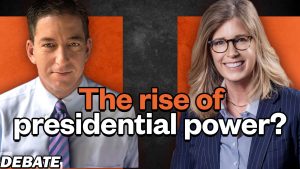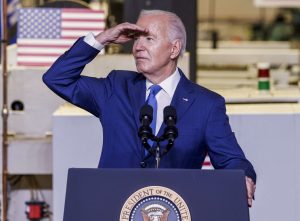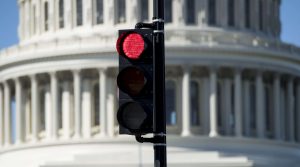Eighth Circuit Agrees to Rehear Case on the Constitutionality of “Equity Training” for Public Employees Under the First Amendment
The Eighth Circuit Court recently decided to revisit the case of Henderson v. Springfield R-12 School District, following an earlier decision by a panel led by Chief Judge Steven Colloton and joined by Judges James Loken and Jane Kelly. The core issue revolves around the training sessions mandated by the Springfield School District during the 2020-2021 academic year, which included a program titled “Fall District-Wide Equity Training.” Employees were compensated for their participation, which covered anti-racist education and included both in-person and virtual formats. During these sessions, educators were instructed on the principles of anti-racism, defined by the district as the active opposition to racism through advocacy for changes across various life domains. The training highlighted the importance of addressing racism directly and discouraging color-blindness, embedding these principles into an interactive format that encouraged consensus and engagement.
Two employees, Brooke Henderson and Jennifer Lumley, have become the focal points of this case due to their experiences during the training. Henderson, who attended the virtual training, encountered a conflict when she expressed her belief about Kyle Rittenhouse’s actions during a protest. She felt dismissed by the presenter, leading her to refrain from further contribution to discussions out of fear of being perceived as unprofessional. Similarly, Lumley, participating in the in-person training, articulated her belief that not all white individuals are inherently racist and shared her personal experiences regarding racial perceptions. However, she too faced pushback and felt pressured to conform to the training’s narratives, thus stifling her willingness to engage openly in discussion.
After their complaints, Henderson and Lumley pursued legal action, arguing that their First Amendment rights were infringed upon by the school district’s training requirements. In their defense, the court determined that while the employees felt “shamed” and pressured into silence during the sessions, they were not penalized for their expressions or lack thereof. The court referenced a previous case, Gralike v. Cook, to illustrate that the association of silence with negative labels does not equate to a violation of First Amendment rights unless actionable penalties are imposed. The training facilitators clarified that personal labels such as “white supremacist” were not assigned to attendees, and no punitive measures were enforced against any employee for their participation or lack of engagement.
The court’s decision further emphasized that the plaintiffs’ fears of potential reprisal for expressing dissenting views or remaining silent were largely speculative. The trainers communicated expectations for professionalism but never categorized dissenting opinions as unprofessional conduct. Participants’ experiences varied; many attendees remained silent and did not face consequences. The court underscored that mere discomfort or disagreement with the training content does not constitute an actionable claim of injury under the First Amendment, reiterating that employees must endure training programs that they find misguided without it being deemed a violation of their rights.
Additionally, the court examined the requirement for employees to complete online assessments related to the training content. It concluded that answering questions reflecting the training material could not be interpreted as a First Amendment violation. Such requirements are within the public employer’s purview as long as they align with the duties of the positions held by the employees. The rationale reinforced the idea that public employers have the right to impose training parameters and require employees to demonstrate understanding of these materials without infringing on free speech protections.
In stark contrast to the plaintiffs’ positions, the court ruled that mandatory attendance and engagement in the school district’s training sessions, regardless of personal beliefs, do not inherently enable claims of free speech violations. Underlining the nature of the training as part of official duties allowed the court to assert that being required to articulate understanding of training materials does not constitute a First Amendment injury. In summary, the court’s upcoming reconsideration will hinge on whether the initial ruling on the constitutionality of these training mandates and the implications they carry for employee speech rights will hold under further scrutiny. This case encapsulates ongoing debates about the balance between educational equity initiatives and the free speech rights of educators in a politically sensitive context.
Share this content:








Post Comment